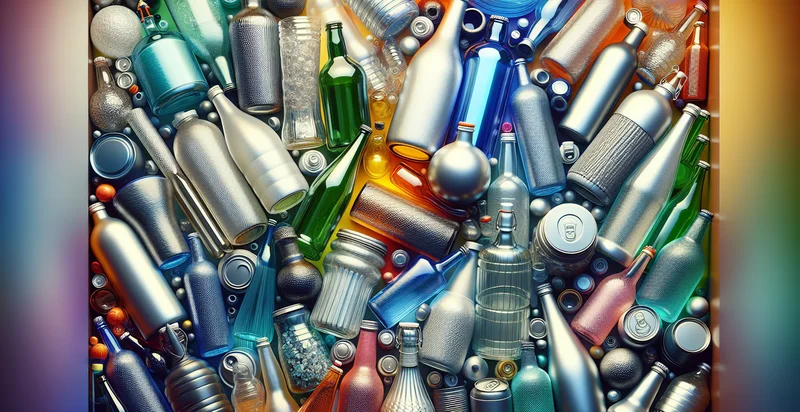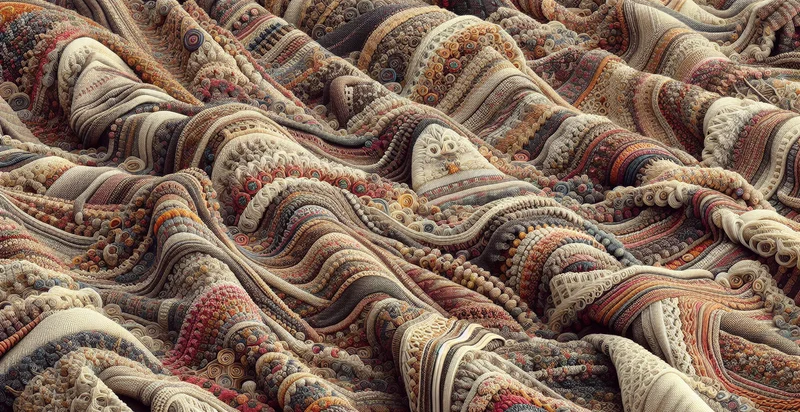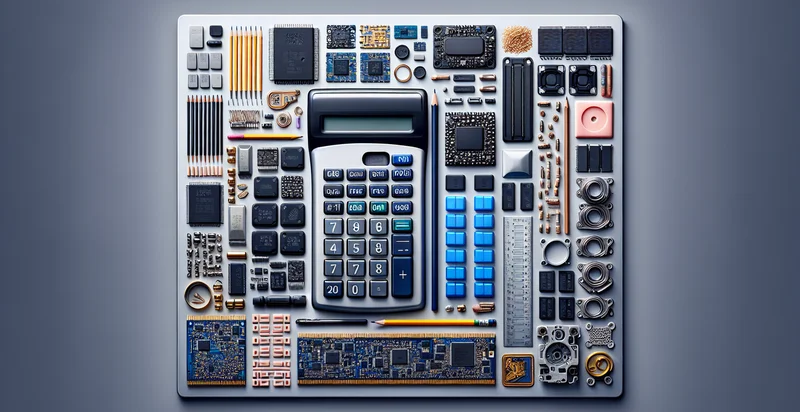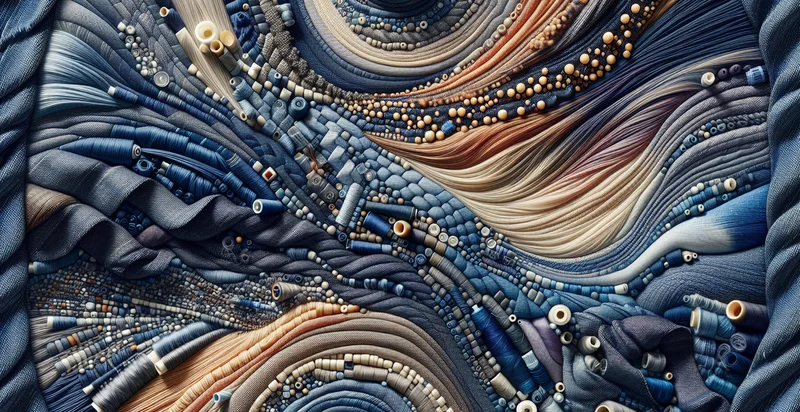Identify what material a bottle is made from
using AI
Below is a free classifier to identify what material a bottle is made from. Just upload your image, and our AI will predict what material a bottle is made from - in just seconds.

Contact us for API access
Or, use Nyckel to build highly-accurate custom classifiers in just minutes. No PhD required.
Get started
import nyckel
credentials = nyckel.Credentials("YOUR_CLIENT_ID", "YOUR_CLIENT_SECRET")
nyckel.invoke("what-material-a-bottle-is-made-from", "your_image_url", credentials)
fetch('https://www.nyckel.com/v1/functions/what-material-a-bottle-is-made-from/invoke', {
method: 'POST',
headers: {
'Authorization': 'Bearer ' + 'YOUR_BEARER_TOKEN',
'Content-Type': 'application/json',
},
body: JSON.stringify(
{"data": "your_image_url"}
)
})
.then(response => response.json())
.then(data => console.log(data));
curl -X POST \
-H "Content-Type: application/json" \
-H "Authorization: Bearer YOUR_BEARER_TOKEN" \
-d '{"data": "your_image_url"}' \
https://www.nyckel.com/v1/functions/what-material-a-bottle-is-made-from/invoke
How this classifier works
To start, upload your image. Our AI tool will then predict what material a bottle is made from.
This pretrained image model uses a Nyckel-created dataset and has 12 labels, including Aluminum, Biodegradable Plastic, Cardboard, Ceramic, Composite Materials, Glass, Metal, Paper, Plastic and Silicone.
We'll also show a confidence score (the higher the number, the more confident the AI model is around what material a bottle is made from).
Whether you're just curious or building what material a bottle is made from detection into your application, we hope our classifier proves helpful.
Related Classifiers
Need to identify what material a bottle is made from at scale?
Get API or Zapier access to this classifier for free. It's perfect for:
- Recycling Sorting: Implement the false image classification function to enhance recycling plant operations by automatically identifying the materials of bottles. This can optimize the sorting process, increasing efficiency and accuracy in separating recyclable materials.
- Quality Control in Manufacturing: Utilize the classification function during the bottle production process to ensure that the correct materials are being used. By verifying material composition in real-time, manufacturers can maintain product quality and compliance with safety standards.
- Supply Chain Transparency: Integrate the function into supply chain management systems to track material sources of bottles. This transparency can improve sustainability reporting and help brands adhere to environmental regulations.
- Consumer Product Information: Develop a mobile app that allows consumers to scan bottles and receive information on the material composition. This empowers consumers to make informed choices about environmental impact and recycling practices.
- Product Development Feedback: Assist product development teams in analyzing the performance of different bottle materials. By classifying materials accurately, teams can gather insights that lead to innovations in sustainable packaging designs.
- Brand Compliance Audits: Aid brands in compliance audits by automatically verifying the materials of their bottle products against regulatory requirements. This functionality can streamline the auditing process and help avoid penalties for non-compliance.
- Environmental Impact Assessment: Use the classification function to collect data on the material makeup of bottles in various environments. This data can be crucial for conducting environmental impact assessments and developing strategies to reduce plastic waste.


